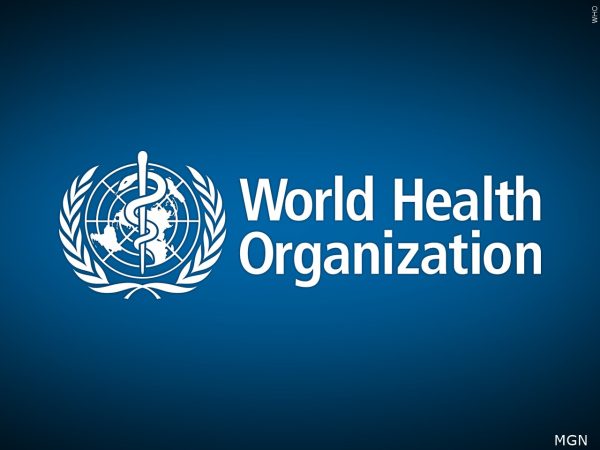
President Donald Trump ordered the United States to pull out of the World Health Organization, or WHO on Jan. 20. America has been a part of WHO since it was founded in 1948. Many Americans are unaware of what this means for the future.
The WHO work to keep people around the world informed about disease outbreaks and also cures for said diseases. The organization connects nations, partners and communities to promote health and serve the vulnerable.
The WHO’s handling of the COVID-19 pandemic being cited as the reason for the withdrawal. Other reasons cited were unfair onerous payments which are payments made under a contract that is more expensive than the benefits received and improper political influence on other members of the organization.
The U.S. will now be the only country, excluding disputed land, that is not in the WHO.
The WHO has said they hope the U.S. will reconsider and that they can engage in a future dialogue to keep the relationship between the two.
The WHO has notably included even more controversial countries, such as North Korea and Russia.
“I didn’t realize the U.S. was the only country not in it,” said Amanda Nelson, a junior biology major. “It is definitely something I think more people should be aware of.”
Many students did not know that the U.S. was the only organization not in the WHO after Trump’s executive order, with many expressing concern after hearing this.
Nikki Ofori, a senior public health major, thinks that while some reasons for pulling out are understandable, eventually there will be ramifications.
“Many more lives can be lost, especially with the loss of funding,” Ofori said. “There is important data that the WHO can provide the U.S. in case of any new emergencies, especially towards our own institutions like the CDC.”.
Ofori also expressed concern for other countries, and how the loss of the U.S. and its influence could affect medical issues such as vaccination rates in foreign countries and humanitarian aid.
“While I do agree that there are valid concerns about the WHO, ultimately I do not agree with pulling out,” Ofori said.
A professor of the sciences who chose to remain anonymous said that it was unfortunate that the U.S. pulled out of WHO.
The professor elaborated that the loss of humanitarian aid and medical information was unfortunate, but in the end, they do not feel qualified enough to comment on the reasons for withdrawal or to speculate much on the ramifications, a sentiment shared by some other students.
“If my wife needed surgery, I am not going to stand over the surgeon to say ‘Hey when I Googled this, this is how I was told it was supposed to be done,’” the anonymous professor said. “I leave that to the people who specialize in that. We will just have to wait and see.”
Many students shared a feeling of not feeling qualified or not feeling like they knew enough to speculate, with even more being uncertain of the ramifications and the future.
“Modern science works best with collaboration, whether state to state or through global collectiveness,” the anonymous professor said. “Issues aren’t isolated. It’s all connected.”

